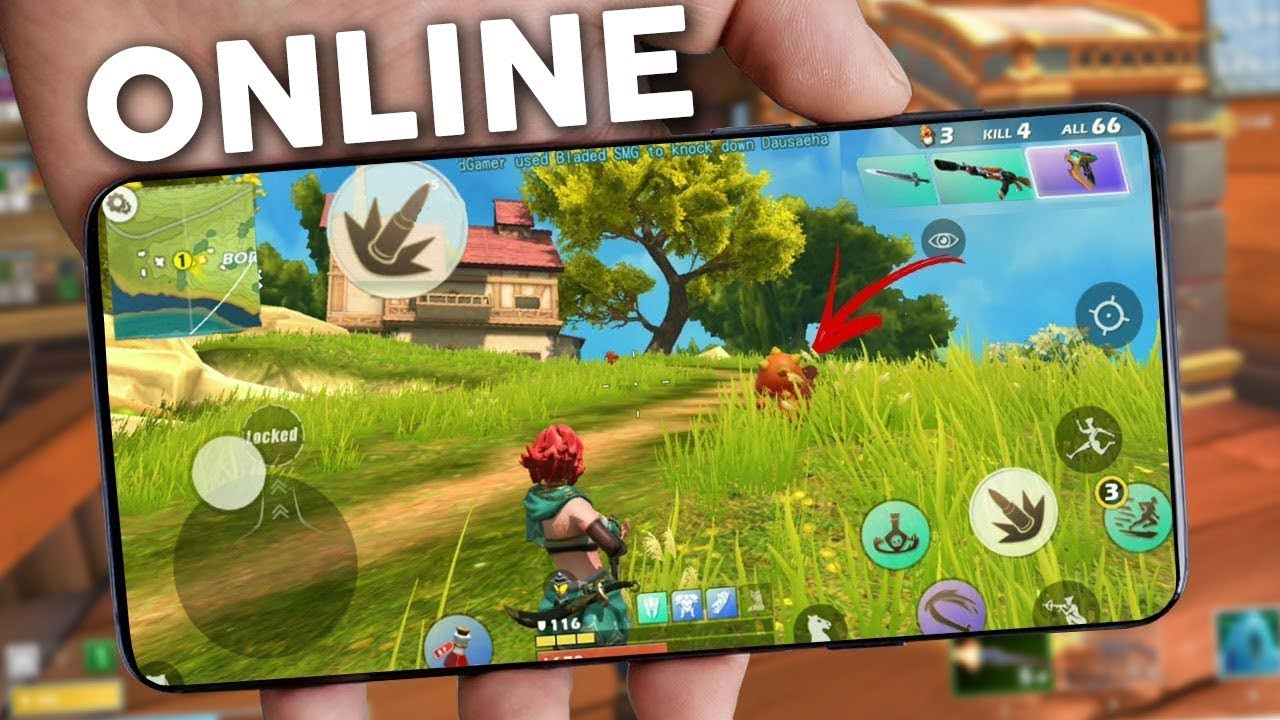In the vast expanse of the digital universe, where ones and zeros dance in a symphony of connectivity, lies a realm that transcends geographical boundaries and defies temporal constraints raja189 live. This realm is none other than online gaming, a phenomenon that has reshaped the landscape of entertainment and connectivity in the 21st century. From the pixelated landscapes of early MMOs (Massively Multiplayer Online games) to the hyper-realistic environments of contemporary titles, online gaming has evolved into a cultural powerhouse, captivating millions around the globe. But beyond its surface allure lies a complex ecosystem of social dynamics, cognitive challenges, and economic implications, all interwoven into the fabric of virtuality.
Exploring the Social Fabric:
Online gaming is not merely about pixels and polygons; it’s about people. At its core, it serves as a digital agora where individuals from diverse backgrounds converge to engage in shared experiences. The anonymity afforded by usernames and avatars often facilitates uninhibited social interactions, enabling friendships to flourish irrespective of physical distances. From cooperative raids in fantasy realms to heated battles in virtual arenas, these shared endeavors forge bonds that transcend the digital realm, often culminating in real-world friendships and communities. However, like any social space, online gaming is not devoid of conflicts. Toxic behavior, ranging from verbal abuse to cheating, can poison the well of camaraderie, highlighting the need for robust community moderation and fostering a culture of inclusivity and respect.
Navigating the Cognitive Maze:
Beneath the veneer of entertainment lies a cognitive labyrinth that challenges players in ways both profound and subtle. Online games, particularly those in the realm of esports, demand a synthesis of lightning-fast reflexes, strategic acumen, and relentless focus. The competitive crucible of ranked matches and tournaments serves as a proving ground where players test their mettle against adversaries from across the globe. But beyond the realm of competition, online gaming has also emerged as a crucible for cognitive development. From puzzle-solving in adventure games to resource management in strategy titles, these digital playgrounds offer fertile ground for honing problem-solving skills, fostering creativity, and cultivating resilience in the face of adversity. Moreover, the collaborative nature of many online games fosters teamwork and communication, essential skills in an increasingly interconnected world.
Unveiling Economic Realities:
What was once a niche hobby has blossomed into a multi-billion dollar industry, reshaping the economic landscape in its wake. From in-game microtransactions to lucrative sponsorships for esports organizations, online gaming has become a lucrative market ecosystem with far-reaching implications. The rise of streaming platforms like Twitch and YouTube Gaming has democratized content creation, allowing gamers to monetize their passion and cultivate dedicated fan bases. Furthermore, the emergence of blockchain technology and non-fungible tokens (NFTs) has opened new frontiers in the realm of virtual economies, enabling players to own and trade digital assets with real-world value. However, this economic prosperity is not without its pitfalls. The commodification of gaming culture and the proliferation of exploitative monetization practices have raised concerns about the ethical implications of treating players as consumers rather than participants in a shared cultural experience.
